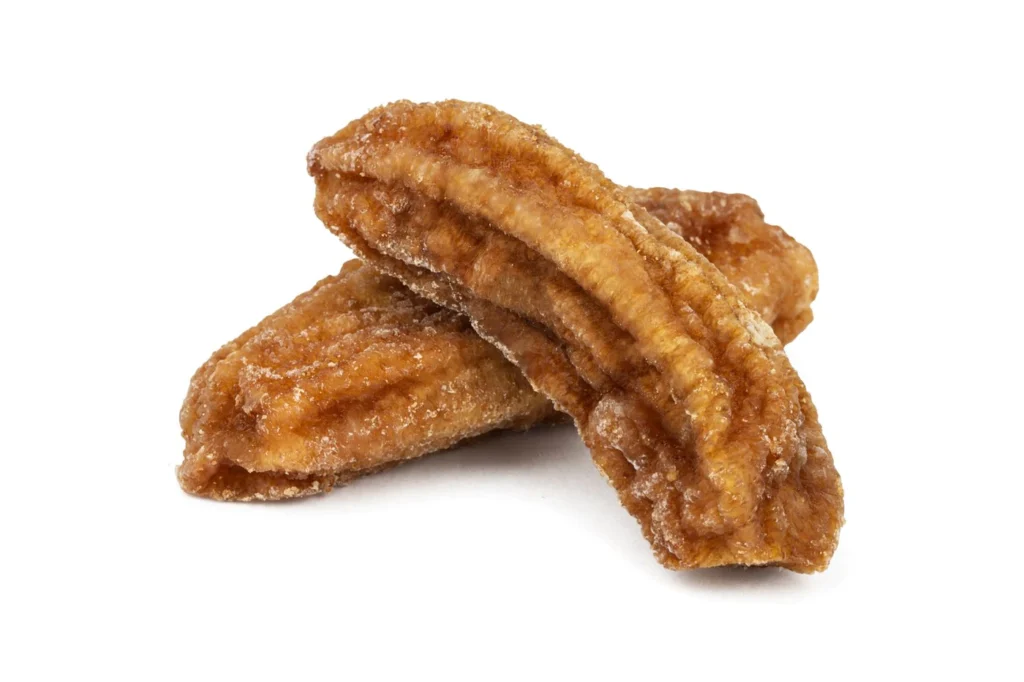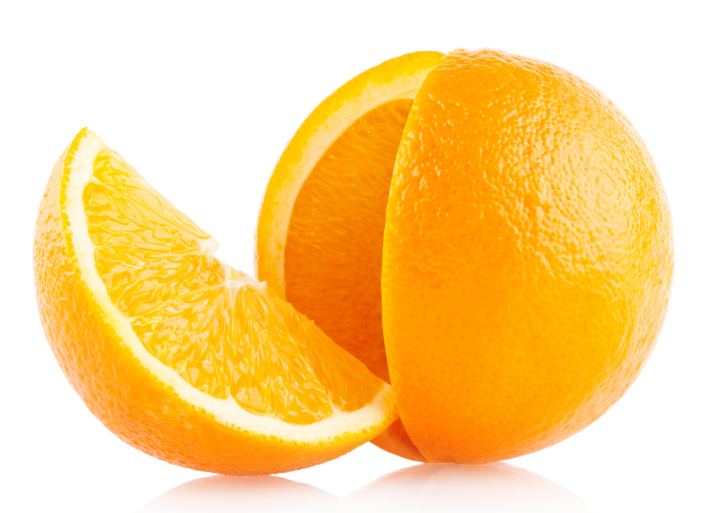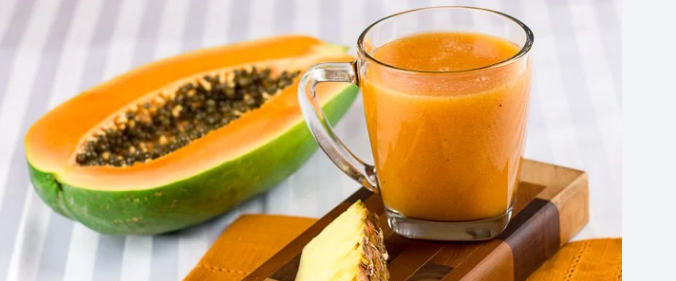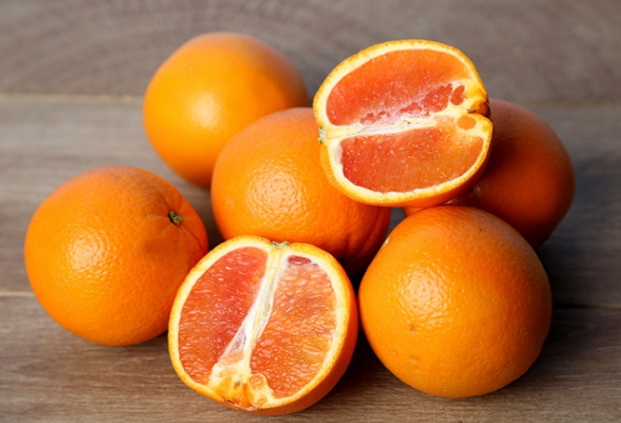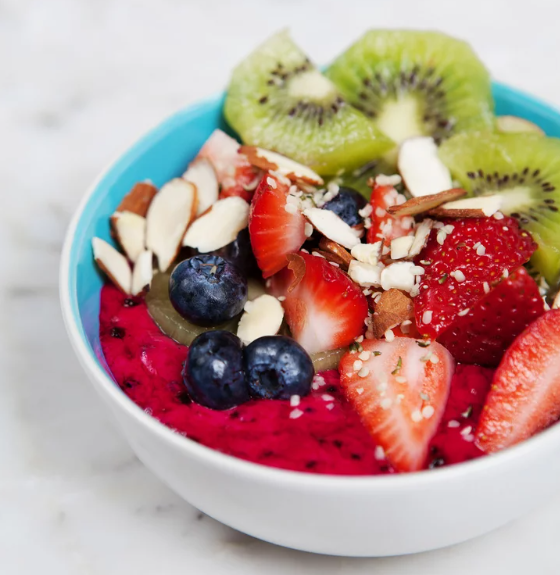Bananas are a common food that many wonder about when it comes to keeping a healthy heart.
These tasty fruits are easy to eat on the go and sweet to taste, but what do they mean for your heart’s health?
Table of Contents
Bananas: A Bundle of Important Nutrients
Bananas aren’t just delicious, they’re full of good things that your body needs. They have lots of vitamins like vitamin C, which keeps your immune system strong. Plus, they have fiber which helps your digestion and keeps your gut happy.
Potassium – The Heart’s Friend in Bananas
Potassium is a super important part of bananas that makes them great for the heart. It’s a mineral that keeps the heart working right by helping control blood pressure, making muscles move the right way, and keeping fluids balanced in your body. Eating foods with lots of potassium, like bananas, has been linked to lower blood pressure and a smaller chance of getting heart problems or having a stroke.
Bananas’ Role in Managing Blood Pressure
If you have high blood pressure, which can lead to heart trouble, bananas might be able to help. They have that important potassium we talked about, which works against the salt in our bodies. Too much salt can make blood pressure go up, but potassium helps even things out.
Eating bananas along with a bunch of other foods that are good for your heart can help keep your blood pressure in a good place.
More than Just Potassium for the Heart
Bananas have more to offer the heart than just potassium. There’s also magnesium, which makes sure your heart beats the way it should. And bananas have stuff in them that protect your cells, like dopamine and vitamin C. They fight against stress and swelling inside your body that could lead to heart disease.
Watching How Much You Eat and the Sugars in Bananas
Even though bananas have a lot of good stuff for your heart, it’s important to eat them in the right amounts. They do have natural sugars, which are okay, but if you eat too many bananas, it can add too many calories. So, especially if you need to watch your sugars, like if you have diabetes, you want to eat bananas in moderation.
Other Important Things for Your Heart
It’s good to know that bananas can help your heart, but they’re just one piece of a bigger heart-health puzzle. To truly take care of your heart, you need to eat all kinds of foods, like veggies, whole grains, proteins, and good fats. And don’t forget to move your body, keep stress low, and stay away from smokes.
A Final Note on Bananas and Your Heart
Including bananas in what you eat can be great for your heart health because of the potassium and other helpful nutrients they have. They can lower the dangers of heart problems and care for your overall heart health.
But eat them wisely, think about your own health needs, and balance them with other healthy habits. So yes, bananas can be part of keeping a happy heart — enjoy their sweetness as part of your heart-smart lifestyle!



